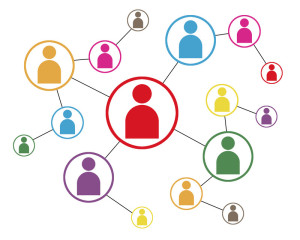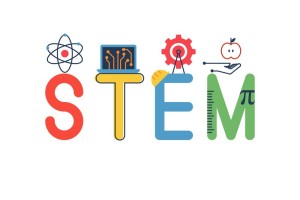It’s Health Technology Management Week, a time to celebrate and thank all the biomed technicians and clinical engineers who make up the critically important HTM teams in our hospitals. Not being involved in AAMI as I was over the past decade, I thought I didn’t have anything new to say this year. And then I saw a social media post that inspired this week’s topic. What better way to celebrate and acknowledge the work of our HTM teams than to highlight the need for more HTM professionals in the future.
AAMI as I was over the past decade, I thought I didn’t have anything new to say this year. And then I saw a social media post that inspired this week’s topic. What better way to celebrate and acknowledge the work of our HTM teams than to highlight the need for more HTM professionals in the future.
Like many healthcare professions, HTM faces staffing shortages now and into the future. Educating young people about health careers and building a pipeline is one aspect of addressing those shortages.
“Ollie the Biomed” by Chace Torres is a new children’s book that describes what a biomed technician does. Like other children’s books about different jobs and careers, it makes the life of a biomed technician exciting and attractive. And it is written from the firsthand experience of a proud biomed tech and dad who is well aware of the staffing shortage in this field. Torres is the lead technician for Texas-based medical equipment manufacturer SPBS Inc.
AAMI featured the book in this May 2, 2023 article: “Meet Ollie, the Biomed ‘Device Doctor’ Who’s Teaching Children About Fixing Problematic Medical Products”. An excerpt from the article:
Torres, who also shines a light on the HTM profession via an ongoing podcast, says it’s more important than ever that young people are exposed to a “profession struggling to build awareness, [because] the majority of the workforce is set to retire within the next decade,” he wrote in an overview of his book.
The book is “about inspiring those who are younger and letting them know that there are other jobs out there besides those found in a typical children’s book—the standard professions that all kids see, whether it’s a police officer, firefighter, or doctor,” Torres said. “Many people have reached out to me who have purchased the book or have bought it for somebody else, and they will say, ‘My son, or my daughter, or my grandchild had no idea what I did as a biomed, but after reading the book, they understand and loved it.’”
The book description on Amazon provides more background:
This children’s book is a depiction of the profession known as Biomedical Equipment Technician, AKA “Medical Device Doctor.” Ollie the Biomed experiences a work day repairing, calibrating, and solving real world problems found within the everyday job of a Biomed. It illustrates the complex but rewarding career filled with so many devices used in healthcare today to treat patients. Biomeds are directly responsible for inspecting, repairing, calibrating, and managing all aspects of any medical device found in hospitals today. I wrote this book for my son to learn exactly what his dad does and why I love what I do each and every day. I hope to inspire kids across the world to seek out more information and become Biomeds because it is truly rewarding and fun.
Torres is an advocate for his profession in other ways. Since 2021 he has hosted “Bearded Biomed”, a podcast that drops twice a month. Some of his recent topics: Women in HTM, the 2022 HTM Salary Survey, and Dealing with Biomed Burnout. Continue reading







